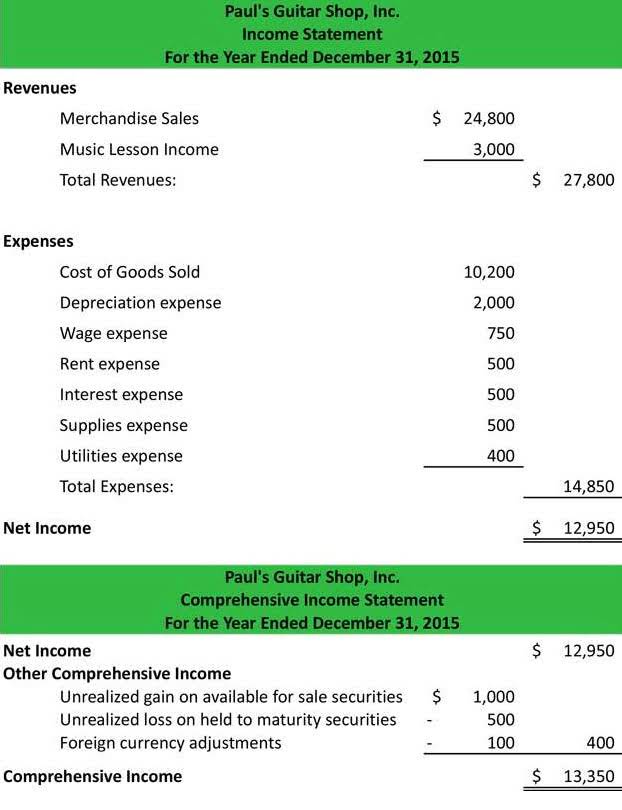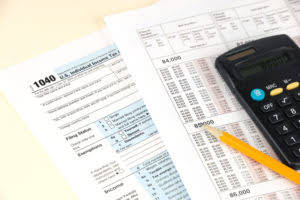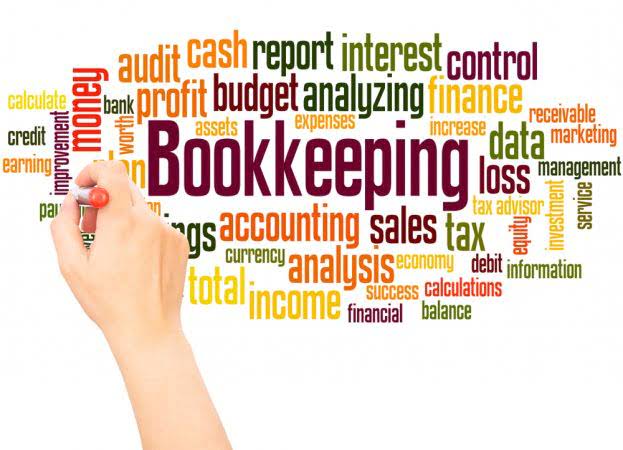
Putting your records on digital systems boosts accessibility and streamlines other financial processes like bookkeeping, tax preparation, and payroll management. It can be difficult to keep track of your finances in the beginning, but doing so is essential for maintaining a healthy business. Even if you don’t have an accounting background, you can still run your business smoothly if you follow some simple financial record-keeping best practices. The most difficult part of financial record keeping is getting all the information one needs. This budget template includes tabs for recording income, expenses, and cash flow. As you add amounts received or spent on each item, the template calculates monthly and yearly totals.
The LIFO accounting method
And since it takes equity, assets and liabilities — on top of expenses and income — into account, it typically gives you a more accurate financial snapshot of your business. On the flip side, running out of inventory (stockouts) frustrates customers and leads to lost sales. This often happens when businesses rely on guesswork instead of data-driven decisions. Establishing reorder points and monitoring stock levels in real-time through inventory management software ensures you’re never caught off guard.
- The right tool should align with your business size, industry, and specific needs while offering scalability for future growth.
- Ideally, you should keep business tax records and receipts for a period of 3 years.
- If so, you might consider shirking your recordkeeping responsibilities.
- Timely 4th quarter estimated tax payments are crucial to avoid penalties and maintain financial stability.
- Purchase receipts should always be kept as proof that the purchases took place.
- Use a strong password and deploy two-factor authentication whenever you can.
Overstocking Inventory
- Every time you perform a financial transaction—for instance, make a sale, accept a client’s invoice, or pay a bill—you should record that transaction in your general ledger.
- If you’re searching for accounting software that’s user-friendly, full of smart features, and scales with your business, Quickbooks is a great option.
- We also emphasized the benefits of hiring professional help for record keeping, such as their expertise, time efficiency, accuracy, and access to advanced tools and technology.
- Ensure all documents have served their intended purpose before discarding them, not just with the IRS but also with other parties such as creditors, attorneys, insurance providers, etc.
- Selecting the right inventory software can feel overwhelming, but it’s one of the most important decisions for optimizing your inventory processes.
Shoeboxed has been voted as the best receipt scanner app for tax season by Hubspot and given the Trusted Vendor and Quality Choice awards by Crozdesk. Keep in mind that if you pay yourself a salary, you can generate pay stubs to show proof of record keeping for small business income to banks and the IRS.

Payroll Register Template

A clear picture of your income within a specific quarter makes it easy to figure out how much tax to pay for that three-month period. Whichever accounting method you choose, the best way to make sure you’re dotting your i’s and crossing your t’s is to maintain order in the way you manage your bookkeeping. While accounting encompasses these data-gathering duties, this field also Food Truck Accounting tends to involve analyzing the numbers and making profit and loss projections. However, bookkeeping as a term doesn’t necessarily include such long-term calculations and analyzes.
- Bookkeeping templates are documents that help you track and manage financial data and business performance.
- Primarily, you need to have an accurate picture of all the financial ins and outs of your business.
- While you can manage your own accounting during the initial stages, it’s best to invest in a professional bookkeeper to ensure your business’s success in the long term.
- Again, most accounting software tackles the bulk of this process for you automatically, including generating the financial reports we discuss below.
- Bench, meanwhile, supports your business with expert bookkeeping services, helping you manage your finances accurately and efficiently, leaving you with more time to run the business itself.
- As an entrepreneur, you have embarked on an exciting journey filled with challenges and opportunities.

We believe everyone should be able to make financial decisions with confidence. Running a business paperless is nice, but if you do so without backing up, it could become a massive mistake. Always keep your business records backed QuickBooks up in at least one cloud-based storage.






